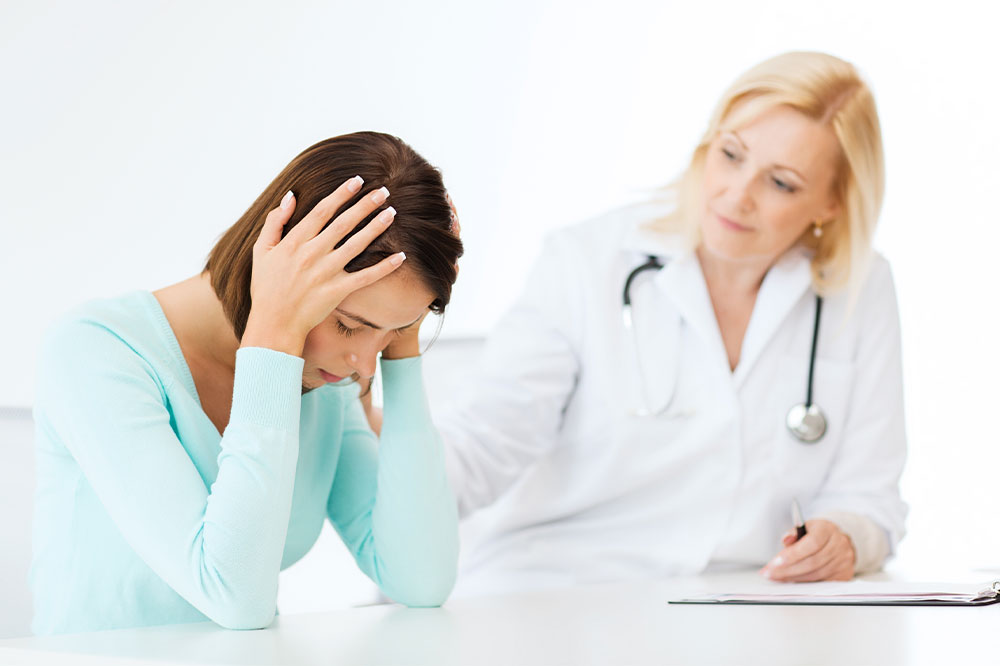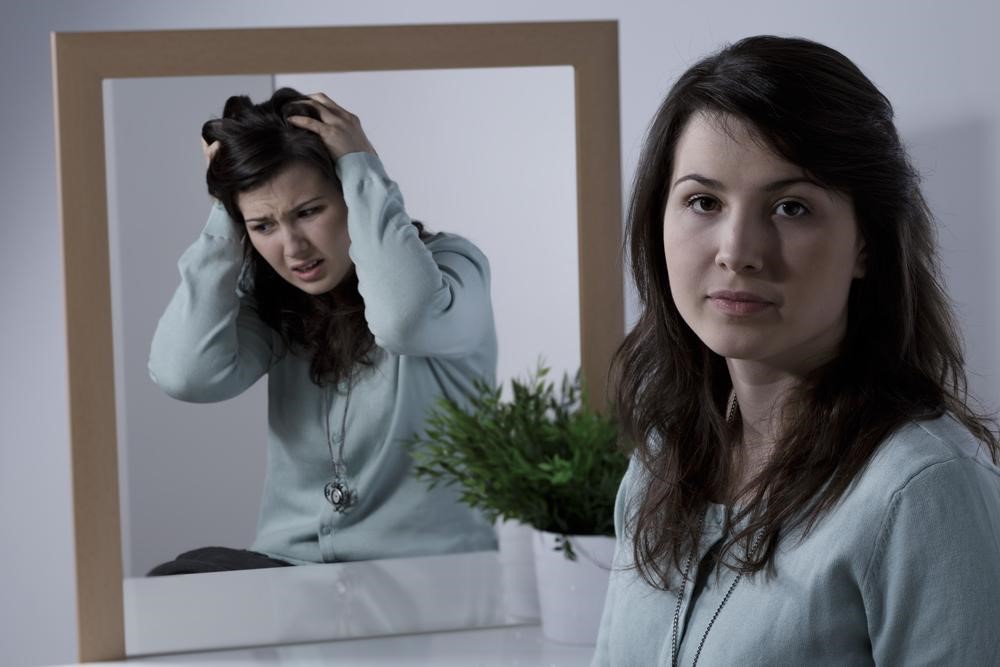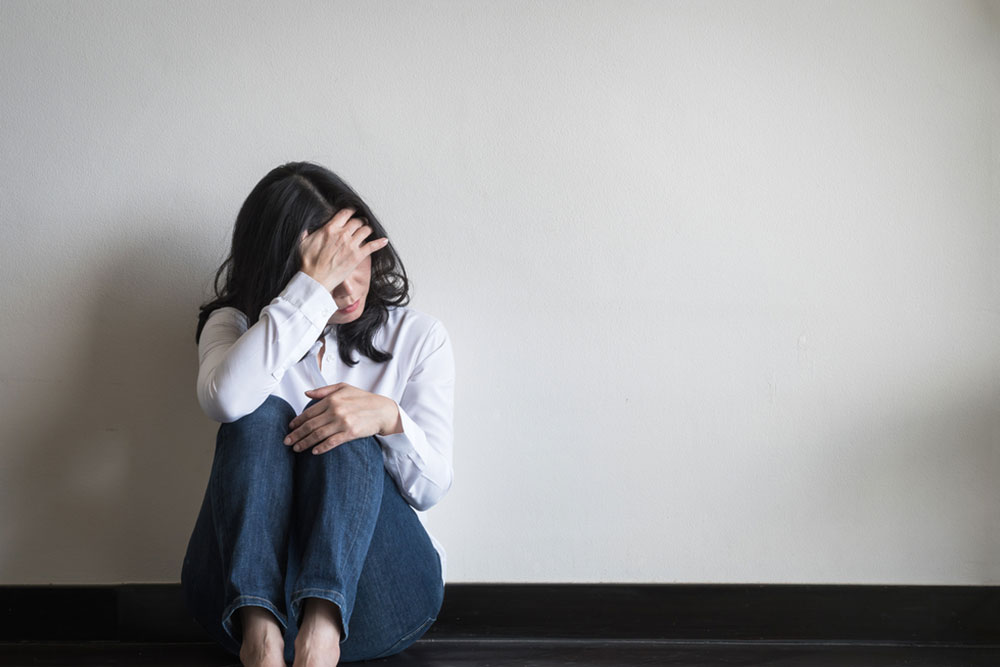Understanding Severe Depression: Causes, Symptoms, and Treatment Options
Severe depression, or clinical depression, is a serious mental health condition requiring prompt treatment. This guide explores causes, symptoms, diagnoses, and effective therapies such as psychotherapy, medication, and brain stimulation techniques. Lifestyle changes like regular exercise and healthy eating can support recovery. Recognizing symptoms early and seeking professional help is crucial for managing this debilitating condition and improving quality of life.

Understanding Severe Depression: Causes, Symptoms, and Treatment Options
Depression is a mental health disorder characterized by persistent feelings of sadness that can interfere with daily life. While it varies in intensity and duration, severe depression—also known as clinical depression—is the most intense form requiring immediate professional intervention. Mental health experts differentiate clinical depression from other types to emphasize the urgency of treatment for affected individuals.
Common Triggers of Severe Depression
Though specific causes remain unclear, various factors have been linked to the onset of severe depression.
Experiences such as grief, divorce, relationship issues, failure, job loss, or serious illness can lead to profound depression. While some recover quickly, others may withdraw, avoid social interactions, or turn to addictive behaviors, which can worsen their condition. Factors that can trigger severe depression include:
Stressful life events
Early life trauma like separation or loss
Genetic predisposition
Post childbirth
Isolation or loneliness
Financial difficulties
Trauma from accidents or violence
Serious health conditions
Medical issues such as hypothyroidism
Bullying or harassment
Signs and Symptoms of Severe Depression
Symptoms can vary widely among individuals but often impact emotional, behavioral, and physical well-being.
While some may experience symptoms briefly, others face prolonged periods that disrupt work, relationships, and daily activities. Key psychological signs include:
Persistent sadness
Feelings of hopelessness
Low self-esteem
Guilt, irritability, and frustration
Lack of motivation
Difficulty making decisions
Anxiety and agitation
Psychotic Symptoms Associated with Severe Depression
In severe cases, individuals may develop symptoms that suggest psychosis, including:
Hallucinations—seeing or hearing things that aren't there
Delusions—holding false beliefs
Disorganized thoughts—speech that is rapid, incoherent, or wandering
Diagnosing Severe Depression
Health professionals conduct physical exams, interviews, and standardized questionnaires to evaluate symptoms. Blood tests and brain imaging may also be used to identify chemical or structural abnormalities that contribute to depression.
Treatment Strategies for Severe Depression
Management typically involves a combination of psychotherapy, medication, and sometimes neuromodulation techniques. Treatment duration can extend over several months, depending on severity.
Psychotherapy Approaches
Therapies like cognitive-behavioral therapy (CBT) or interpersonal therapy are provided by licensed mental health professionals. These sessions focus on understanding thoughts, emotions, and behaviors to develop coping strategies.
Brain Stimulation Techniques
When medication and therapy are insufficient, brain stimulation methods may be employed. These include vagus nerve stimulation, electroconvulsive therapy (ECT), transcranial magnetic stimulation (TMS), and transcranial direct current stimulation (tDCS).
Additional Remedies and Lifestyle Changes
Behavioral adjustments can support recovery, such as setting realistic goals, maintaining routines, regular exercise, healthy eating, and ensuring adequate sleep. These habits complement formal treatments effectively.










